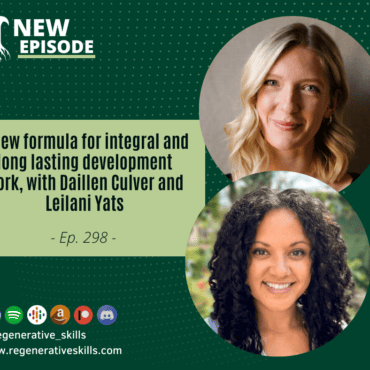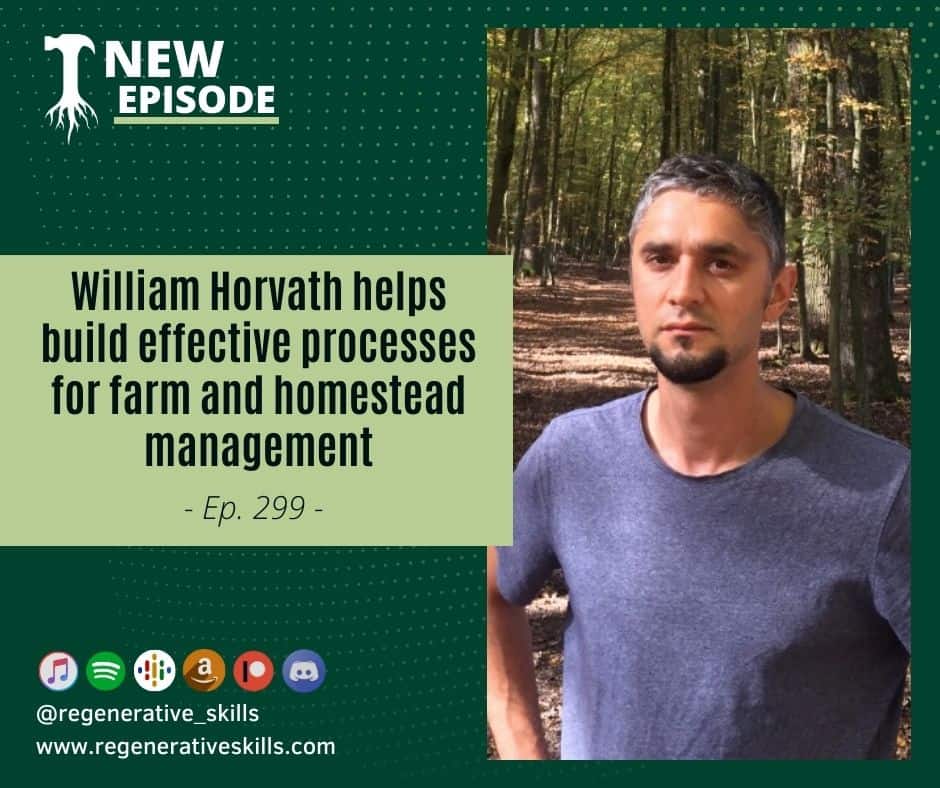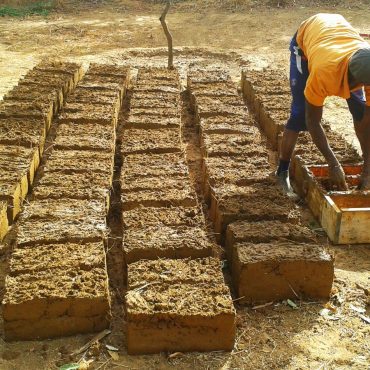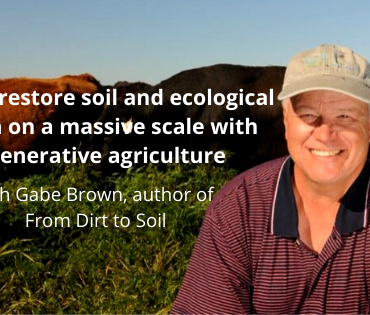
A new formula for integral and long lasting development work, with Daillen Culver and Leilani Yats
Today’s episode is going to require some context for anyone who’s not familiar with the origin of this show. Back in 2017 when I started this podcast I was doing […]





Post comments
This post currently has no comments.